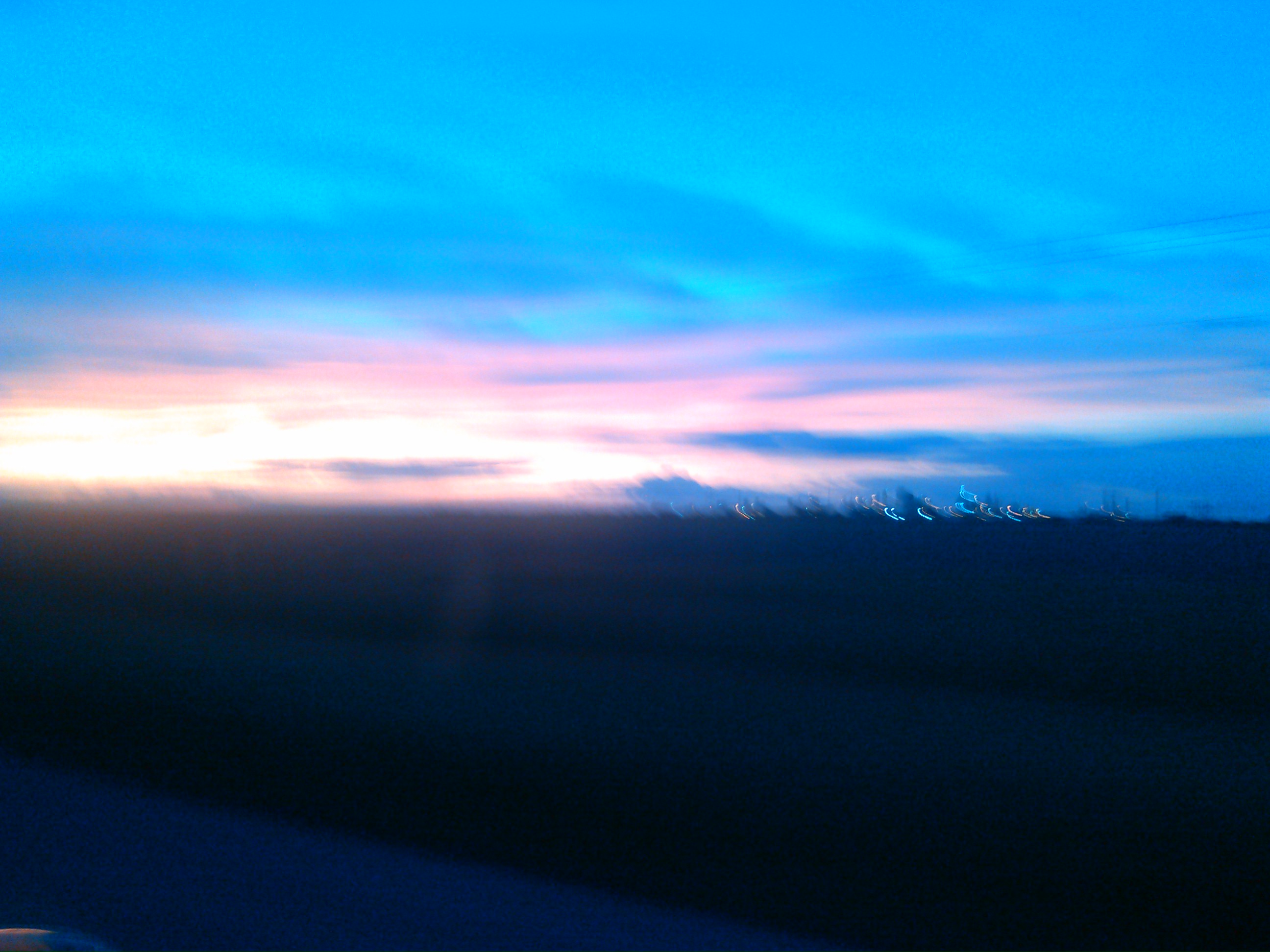Jb. 38:1, 8-11; Ps. 107:23-26, 28-31; 2 Cor. 5:14-17; Mk. 4:35-41
“So, whoever is in Christ is a new creation”. The one who died for all is Christ that we may no longer live for ourselves but for him. As he died in the flesh, we too are to must put to death the “flesh”. This does not mean we deprive ourselves of food, water, or neglect our health. To put to death the flesh is to separate ourselves from the sins of the flesh we call the seven capital sins, that is anger, envy, gluttony, greed, lust, pride and sloth. As Jesus died and rose again, we too can die to ourselves and rise as a new creation each time we come to receive a sacrament. We take the step to die to ourselves and Jesus is the one who brings us to new life.
Jesus died once for all, but we must die endlessly while we live in the flesh. Each time we deny ourselves a pleasure, offer a sacrifice for a greater good, refuse to retaliate for an offense we die to ourselves and the God who makes all things new gives us the greater graces and blessing. The expression we know very well is “easier said than done”. We are weak and as soon as we deny ourselves one pleasure, we are tempted with another. If we say to ourselves “I refuse to get angry” it seems that is when someone upsets us the most. The test will come and it is never easy to deny ourselves.
God knows but he is not waiting for us to fail the test but to turn to him for the power to overcome the test. He has already demonstrated his power throughout salvation history and yet who do we turn to first and last? First, we turn to our pride to say “I am going to do this” only to see ourselves giving up because we never gave it to God that he may be glorified in us. We are reminded of the words of Jesus, “Do you not yet have faith?” When we make it about us, we already took a step in the wrong direction. Our faith must be to trust God. We can never become the new creation without surrendering to our God.
Our God is the one who makes all things possible. He reveals himself in Jesus “whom even the wind and sea obey”. He revealed himself to Job with the same power to make still the “proud waves”. Jesus is Lord of the seen and unseen. If we believe he is the God of all creation then nothing is outside his power. What is more marvelous is that he wants to reveal his power through us. This is the reality that all the saints came not only to believe but to desire. As Saint Teresa of Calcutta said her desire was to be a pencil in God’s hand. God does great things with those who trust in him. One of those great acts he does is to take a sinful person and transform them into a new creation, a great saint.
Saintliness is not reserved for the few who the Church may recognize. Saintliness is the call for all the people of God. In our own state in this world, we can live a saintly life. In fact, God is not about giving people the recognition of being a saint in this world. He is about doing his work in the poor in spirit, in the suffering, in the humble, in the least thought about. God works in the simplicity of the heart who just want to love him and serve him. Those that the world is quick to reject are his greatest treasure.
It is not where we start out in life but where we end up being. We start out seeking glory and we end up giving God the glory. We start out building up our own little kingdom of treasures and we end up giving away what we have that has lost its meaning. We start out living for ourselves and end up living for others. We start out fearing death and end up welcoming the freedom that comes with the death of the flesh. We start out seeking meaning of life in who we are and we end up finding meaning of life in who God is. We start out as creatures of God’s creation and end up being a new creation as a child of God. The beginning has happened and where we end up being is for all eternity. Never be fooled that “it” does not matter because whatever “it” is know that for God it all matters.





Recent Comments